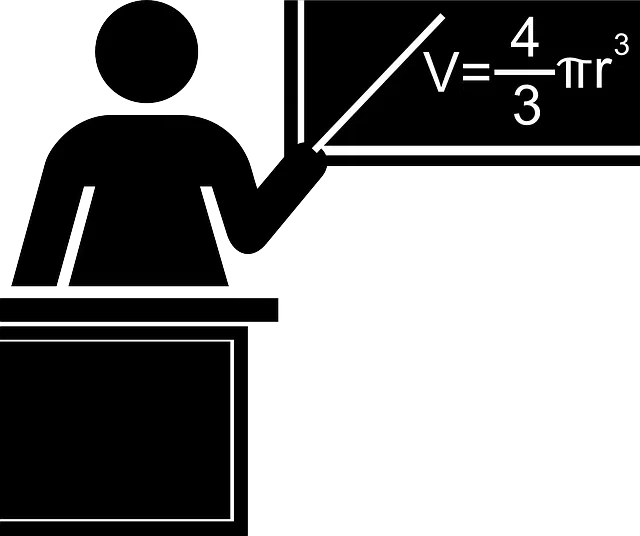
An explanation can be a statement of reasons or causes about some matter.
Explanation comes from the Latin explicatĭo and refers to an exposition of a matter , doctrine or text with sufficient clarity to make it more perceptible. This statement helps to bring to light or make visible the content or meaning of something.
For example: “Excuse me, teacher, but the explanation of the problem was not clear to me: could you repeat it?” , “The player gave a lame explanation for his absence from training” , “The expert provided a very simple explanation that surprised those in attendance” .
Explanation as justification or statement of reasons
Within the social context, sometimes explanations are necessary. Specifically, these take place when a person or a group decides to declare the reasons that led them to act in a certain way without any intention of offending or causing harm to another individual or group.
In this sense, it must be taken into account that throughout history there have even been situations in which the political leaders of a country have had to address it to give an explanation for a specific action they have undertaken. A clear example of this is when Bill Clinton, during the time he was at the head of the United States government, found it necessary to explain what had really existed between him and his intern.

Teachers provide explanations on various topics to students.
A cognitive process
Explanation, therefore, is a cognitive process that manifests the what, how, why and why of an event or matter . In this way, knowledge or meaning is transmitted that makes the explained matter intelligible.
An explanation is articulated through language . A subject who understands an event and cannot put it into words is not in a position to explain it. The explanation must be coherent and logical and intended for a competent interlocutor. A geologist can explain the process that leads to the creation of a mountain with technical vocabulary that only his peers understand; The explanation, in that case, will only be valid for another specialist. If said geologist intends to transmit knowledge to a broader sector of society , he must adapt his explanation.
In a similar sense, the explanations given to children must be appropriate to their intellectual and emotional capacity. That is why pedagogy and didactics have to be adapted to different ages.
Mysteries without explanation
At a scientific level, new theories or studies appear constantly to explain why things happen. Thus, for example, in recent times, things have come to light that show why beer overflows or why sexual activity is considered to improve people's intellectual capacity.
However, no less important is determining that all those issues that still remain unexplained today also gain importance. These are facts, situations or phenomena that human beings have not been able to decipher and that come to be framed within the category of enigmas. An example of this is the set of strange events that occur around the Bermuda Triangle.
